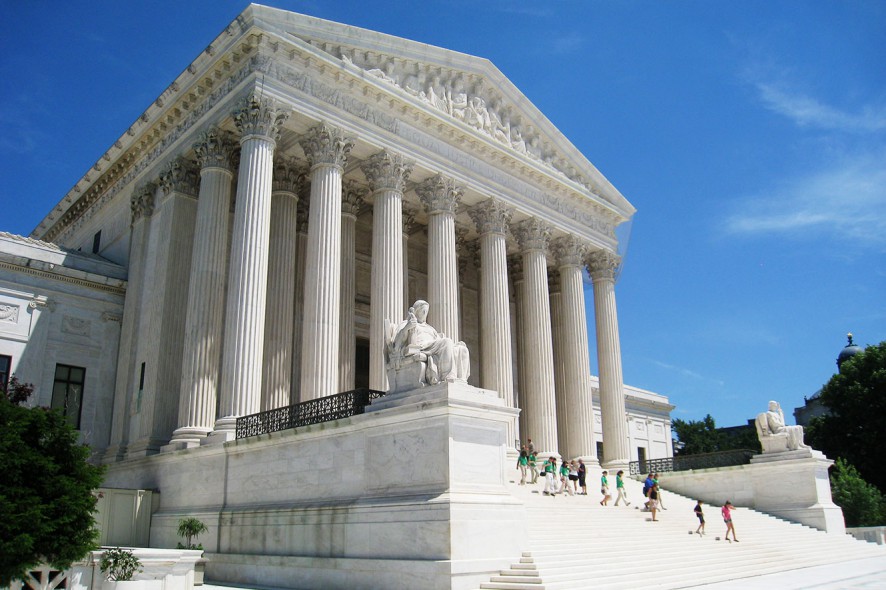Supreme Court of the United States: In order to craft a federal patent system that encourages the creation and disclosure of new inventions, Thomas, J. upheld that once an invention has been put to public use it qualifies as a prior art under the AIA Act.
The petitioner developed a treatment for chemotherapy-induced nausea and vomiting using the chemical palonosetron for which he entered agreements with a company granting it the right to distribute, promote the market, and sell a 0.25 mg dose of palonosetron with it being “confidential information”. He eventually filed a patent covering a fixed dose of 0.25 mg of palonosetron covered by the Leahy-Smith America Invents Act (AIA). In a few years time a respondent sought approval to market the same but was sued by the petitioner on the pretext of patent infringement as the “on sale” provision of the AIA precludes a person from obtaining a patent on an invention that was “in public use, on sale, or otherwise available to the public before the effective e-filing date of the claimed invention.
The contention of the petitioners was that the “on sale” provision of the AIA act as re-enacted by the Congress cannot be put into action as the above-stated agreements did not disclose the 0.25 mg dose. But the interpretation of the law and the precedents put forth by the respondents it was clear that public disclosure of the invention details was not needed when it was out on sale for public use also the law by no means has intended the same in its re-enacted version. The mere fact that it was out on sale would suffice to bring it within the purview of ‘on-sale’ bar.
The Court in the light of the precedents laid in Special Devices Inc. v. OEA Inc., 270 F. 3d 1353, 1357 (2001) and Woodland Trust v. Flowertree Nursery Inc., 148 F. 3d 1368, 1370 (1998) expressed that the ‘on sale’ phrase states that an inventor’s prior commercial use constitutes a public sale under §102(b) of the Act barring patent over it. Accordingly, the Court affirmed the Federal Circuit’s judgment declaring it to be the exclusive judicator in the matter.[Helsinn Healthcare S.A. v. Teva Pharmaceutical Industries, Ltd., 2019 SCC OnLine US SC 2, decided on 22-01-2019]







